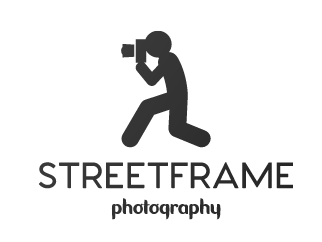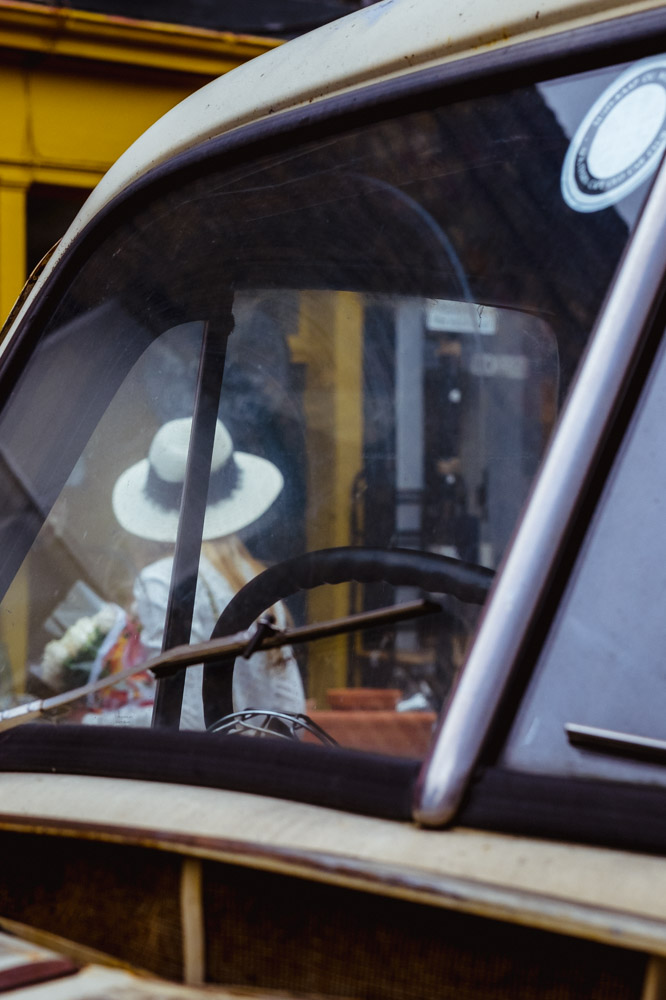Sometimes whilst browsing the internet, or blasting through all the various social media accounts I have, I stop.... I linger for just a little longer than a microsecond because somewhere in the jumble of electrical impulses that flash through my brain, is a spark of something more, something that says stop! Look at this...
As a keen street photographer, well photographer (cause who needs labels right?) I'm always on the lookout for that little something extra. Sure, there are some wonderful photographers out there, but I guess as my tastes narrow, the search gets harder, especially for the photographers who relatively speaking are new, at least to me.
That is where I'll introduce Joshua K. Jackson. A London based chap who to be fair stopped me in my tracks with his eye, vision, technique and well...Pictures. Rarely have I come across a contemporary snapper who consistently hits the mark for me.
There is a genuine style, a link between the images and stories his work portrays, and that is a real joy to my eyes.
He recently tweeted this...
And it's bloody refreshing! It would appear there's more to this gentleman than just his passion for his photography.
So enough of my gabbing. It was my great pleasure to contact Josh and receive some of his pictures along with some questions I'd sent him. Here my friends is a little Slice of Josh's work and words. Thank you sir.
1. How hard/easy have you found turning a passion into a full time job?
Leaving the security of a permanent job brings many challenges, but not once have I ever regretted the decision to pursue photography full-time.
The biggest challenge has been finding good clients i.e. those that value your particular skills/vision, pay you well and are interested in forming long-term mutually-beneficial partnerships. In the beginning, I leveraged my personal network to secure two great clients and things have snowballed ever since.
Marketing yourself (both online and offline) is very important. If you sit back and expect the phone to ring, it probably won’t.
2. Your collection of images are a mix of colour and black & white, does the scene dictate the choice or the post process?
If the colours detract from the story or message in the image I will generally opt for black & white. When I’m out shooting I have a gut feeling about whether a scene will work better in colour or black & white. This can then be brought to life at the post processing stage.
3. There's a definite Saul Leiter influence to my eye, which other photographers/artists do you admire?
Saul Leiter is perhaps my biggest influence, both in terms of style and approach. I especially love his use of colour and abstraction, and admire how he broke convention by working with short telephoto lenses rather than the more widely accepted 35mm or 50mm focal lengths. Alongside Leiter, I really admire the work of Fred Herzog, Ernst Haas, Alex Webb and Harry Gruyaert.
4. There's a timeless quality in your work or even a sense of a time past. Do you make a deliberate attempt to avoid the picture dating itself
I don’t consciously take photos with a timeless aesthetic in mind - it’s just how many of my images turn out. I capture the things that grab my eye and try not to force my work in any particular direction.
5. As a fan of digital and real film myself, what benefits does each platform have? In an artistic sense?
For me, the benefits of digital are the speed, ease and versatility. You’re able to quickly review images giving instant feedback on your work. I also really enjoy the flexibility of having RAW files to bring your original vision to life at the post processing stage.
I treat film photography as a much more methodical and considered process. It’s the experience I enjoy most, but I also get excited about the results. In a digital world seemingly obsessed with megapixels, film helps me forget about the technical side to focus on what really matters - capturing moments.
6. There's a real explosion at the moment in street photography, some would say it's over saturated, what separates the good from bad in your opinion?
On the face of it street photography could appear to be over saturated. However, when you scratch beneath the surface quality and consistent work is still in short supply.
Street photography is one of the most accessible genres, but it’s also one of the most challenging to do well. After all, anyone can take photos of a street scene on their mobile phone, but if the image doesn’t convey a message or feeling to the viewer, it will be forgotten very quickly.
To take an image from ‘good’ to ‘great,’ there has to be one or more special elements that enhance the scene and elevate it into something more unusual or unique: light, color, textures, gestures, etc.
7. How important is post processing images to you?
The thing I like about post processing is that you’re able to put your stamp on an image and bring your vision to life. I try to get as much right in camera as possible (exposure, composition etc) so that I only need to do some quick colour adjustments in Lightroom to achieve the look I like. If an image required more than two minutes of editing I generally wouldn’t use that image.
8. Where do you see street photography going in the future?
The role of the street photographer will continue to be the same, but I predict there will be changes to the the way street photographers share, promote and sell their work. Self publishing will almost certainly become more commonplace and I feel colour street photography has the potential to gain widespread popularity in the fine art world.
Thanks to Josh for taking time to share some thoughts and his pictures with me here at Streetframe. All the images in this article are his, and you can see more of his work here. https://www.joshkjack.com








